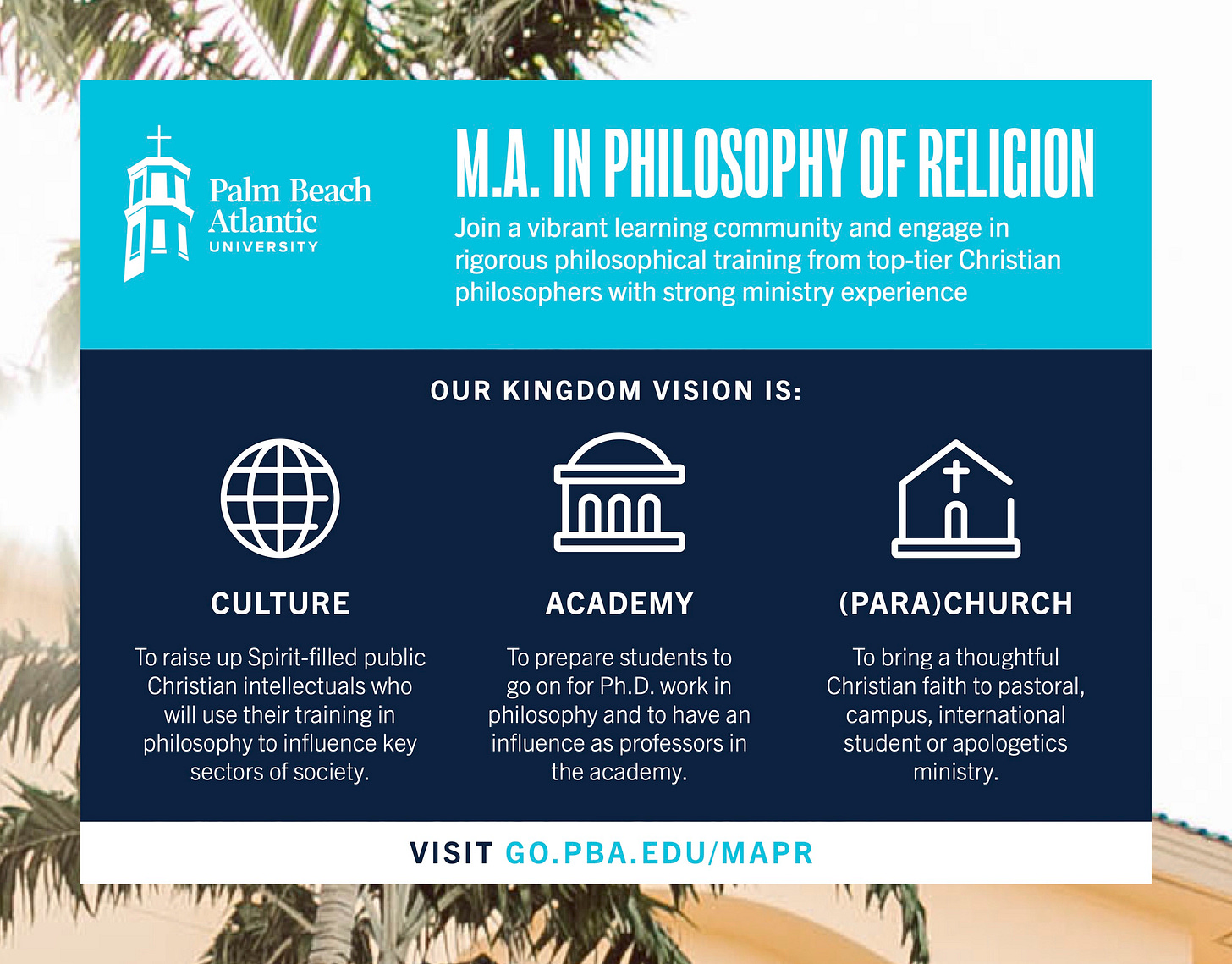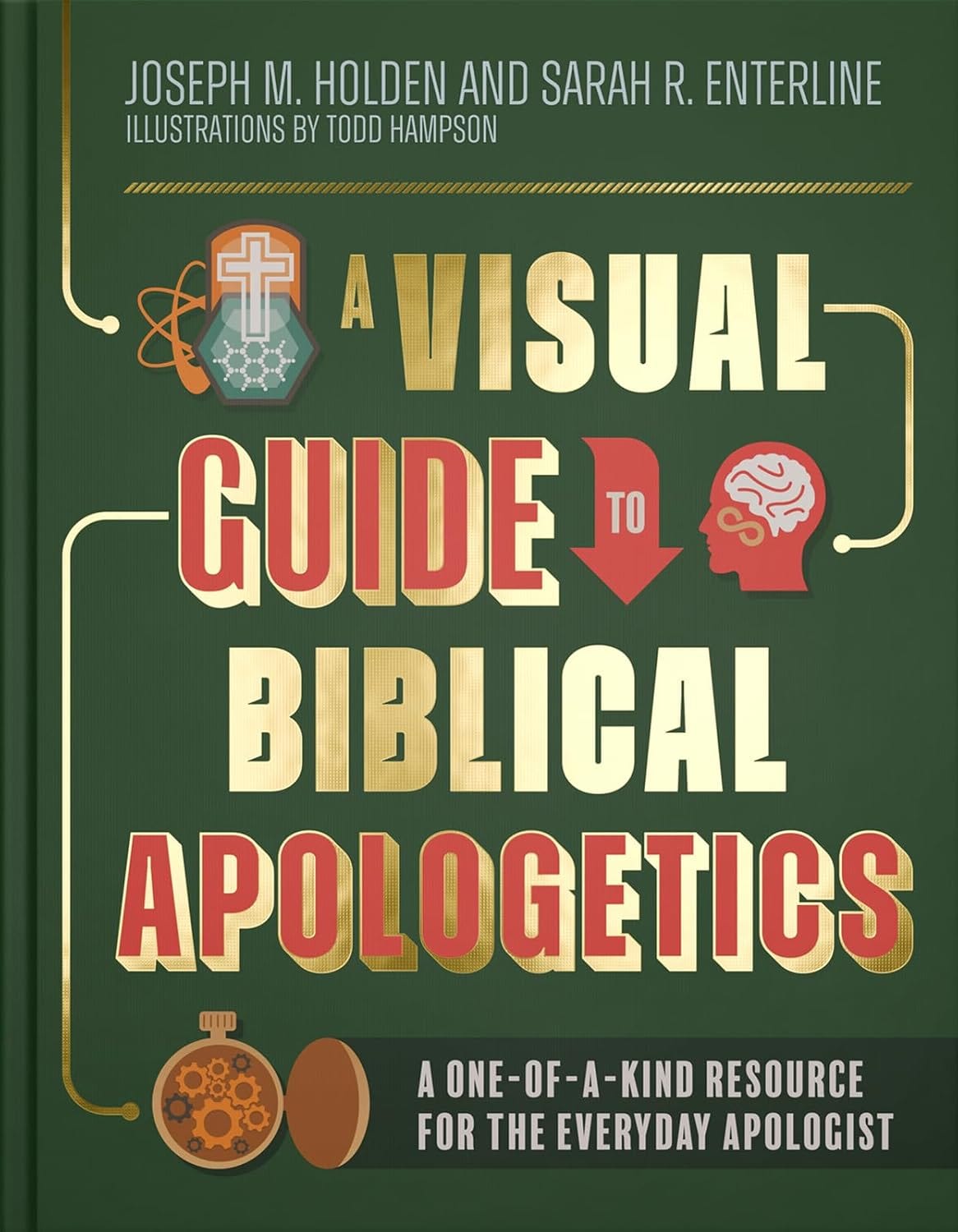Scripture indicates that the ultimate purpose of our lives as human beings is to know and love God and enjoy an eternal relationship with him (Jeremiah 9:24, Matthew 22:36–38, Revelation 21:3). Part of knowing God is understanding his characteristics or attributes, which include his “omni” properties. Some of the most significant are omnipotence and omniscience. In addition to the traditional theological understandings of these attributes, Christian philosophers have further illuminated them, adding helpful clarity and coherence. Below, we’ll consider these attributes and seek new insights into who God is, how he interacts with his creation, and what these attributes mean for us as believers in Christ.
Why These Attributes?
While we could arrive at the omni attributes just listed through a careful reading of Scripture, theologians and philosophers have also been influenced by the thought of St. Anselm (c. 1033–1109), who served as archbishop of Canterbury in England. In a treatise titled Proslogion (Latin for “discourse”), Anselm presented his famous ontological argument for the existence of God, defining God as the greatest conceivable being.
As a perfect being, it follows that God must possess all properties that make a being great, and possess them to the highest degree.
For example, if knowledge is a great-making property, God must have perfect knowledge (omniscience). If power is great-making, God must have infinite power (omnipotence), and so on.1
Today, this approach is called perfect being theology and forms a significant part of the basis for our understanding of God’s attributes. In this view, God possesses a perfect set of great-making qualities. This approach, combined with what we learn from Scripture, provides us “with as complete a knowledge of the nature of God as it is possible for us to have.”2 With this background in mind, we turn to the first omni property on our list—omnipotence.
Omnipotence
As we’ve noted, power is a great-making property, so it follows that a perfect being would possess unlimited power. This accords with Scripture, which describes God as “Almighty” (e.g., Psalm 89:8, Revelation 1:8). Jesus taught that “with God all things are possible” (Matthew 19:26) and Paul refers to God’s “incomparably great power” (Ephesians 1:19).
It’s important to note, however, that Scripture refers to some limits on God’s omnipotence, since the exercise of God’s power can’t conflict with his other attributes. For example, God cannot sin (Deuteronomy 32:4), tempt or be tempted (James 1:13), or act inconsistently with his character (James 1:17).
A philosophical question arises whether omnipotence means God can do even the logically impossible, such as creating a married bachelor or making 2 + 3 = 7. The philosopher René Descartes famously argued that God could do things like this, since “to claim otherwise would make God subject to the laws of logic or something outside of God.”3
However, most philosophers and theologians have rejected this “absolute omnipotence” view since it seems to lead to absurdities. Thomas Aquinas, for example, argued that the phrase “God can do all things” means that “God can do all things that are possible” and that omnipotence does not include “anything that implies a contradiction.”4
In this light, a more precise definition of omnipotence would be something like the following: “To say God is omnipotent . . . is to say God possesses the power to do anything that does not involve a contradiction, relative to his own perfectly consistent essential nature (see also 2 Timothy 2:13) and any commitments God has made.”5
Christians can be encouraged that because of his omnipotence, “nothing will be impossible with God” (Luke 1:37). Despite obstacles and setbacks in life, God has the power to bring good out of even difficult circumstances (Romans 8:28, Genesis 50:20). By God’s power, we can run the race set before us (Philippians 4:13, Hebrews 12:1–3).
Omniscience
Undoubtedly, comprehensive knowledge is a quality appropriate for a perfect being. We also find this reflected in Scripture. For example, the psalmist tells us that God’s “understanding has no limit” (Psalm 147:5). Jeremiah writes that God “founded the world by his wisdom and stretched out the heavens by his understanding” (Jeremiah 10:12). The author of Hebrews declares that “Nothing in all creation is hidden from God’s sight. Everything is uncovered and laid bare” before him (Hebrews 4:13).
Part of God’s omniscience is his knowledge of future events, including the choices human beings will make at some future time. Some thinkers have asserted that if God knows our future decisions, then those decisions aren’t free. Instead, the decisions are “fixed” by God’s foreknowledge of them.6 Representative of this view is philosopher Nelson Pike, who argued that if God had known 80 years ago that a man named Jones would mow his lawn this Saturday afternoon, then Jones would have no choice but to mow his lawn this Saturday.7
However, as William Lane Craig has argued, God’s knowledge does not compel Jones to mow his lawn. Instead, God knows with certainty what Jones will do, but Jones freely chooses his actions. If Jones mows the lawn, God knew that he would do that. If, on the other hand, Jones had decided to play golf, God would have known that instead.8 Thus, writes Craig, “From God’s knowledge that I shall do x, it does not follow that I must do x but only that I shall do x. That is in no way incompatible with my doing x freely.”9
Thus, God’s foreknowledge of our future decisions does not constrain our freedom to make those decisions.
Rather than a cause for alarm, God’s omniscience should be a source of encouragement. As David wrote,
You have searched me, Lord,
and you know me.
You know when I sit and when I rise;
you perceive my thoughts from afar.
You discern my going out and my lying down;
you are familiar with all my ways.
(Psalm 139:1–3)
While human knowledge is always partial and imperfect, God’s knowledge of us is perfect and complete. Jesus taught that God even keeps track of the number of hairs on our heads (Luke 12:7). Because of God’s omniscience, we are never misunderstood. God knows everything about us, and despite the parts of ourselves we’d like to hide, God desires intimate fellowship with us so that we can also know him more deeply (Revelation 3:20, John 15:4–5).
Notes
1. Other attributes not discussed here include omnipresence, goodness, necessary existence, eternity, immutability, being worthy of worship, triunity, and beauty.
2. James E. Taylor, Introducing Apologetics: Cultivating Christian Commitment (Grand Rapids, MI: Baker Academic, 2006), 108. Taylor also points out in the same place: “Just as philosophical perfect being theology can enhance what we know about God from the Bible . . . so also biblical theology can tell us more about God than we can discover on the basis of human reason alone.”
3. Ronnie P. Campbell Jr. and David Baggett, A Personal God and a Good World: The Coherence of the Christian Moral Vision (Brentwood, TN: B&H Academic, 2024), 96.
4. John C. Peckham, Divine Attributes: Knowing the Covenantal God of Scripture (Grand Rapids, MI: Baker Academic, 2021), 145.
5. Peckham, 146.
6. For some theological traditions this doesn’t present a problem, since they understand human freedom to be compatible with God ordaining all that happens. This view, known as compatibilism, holds that “human free will is consistent (compatible) with God’s sovereign prerogative to determine or will all things that are to happen” (Stanley Grenz, David Guretzki, and Cherith Fee Nordling, Pocket Dictionary of Theological Terms [Downers Grove, IL: IVP Academic, 1999], 28).
7. William Lane Craig, The Only Wise God: The Compatibility of Divine Foreknowledge and Human Freedom (Eugene, OR: Wipf and Stock, 2000), 52.
8. Craig, The Only Wise God, chapter 5.
9. William Lane Craig, “The Middle-Knowledge View,” in Divine Foreknowledge: Four Views, James K. Beilby and Paul R. Eddy, eds. (Downers Grove, IL: IVP Academic, 2001), 127, emphasis added.
— Christopher L. Reese (MDiv, ThM) is the founder and editor of The Worldview Bulletin and a general editor of the Dictionary of Christianity and Science (Zondervan) and Three Views on Christianity and Science (Zondervan). He is the author of 100 Old Testament Quotes by Jesus: How Christ Used the Hebrew Scriptures (Rose/Tyndale), and his articles have appeared in Christianity Today, The Christian Post, Bible Gateway, Beliefnet, Summit Ministries, the C. S. Lewis Institute, and other sites.
*This article originally appeared at Summit Ministries.
The Worldview Bulletin thrives when readers like you subscribe.
Subscribe for yourself, or consider giving a gift subscription to a family member or friend. You’ll receive exclusive content, gain access to our full archive of articles, and support our work of commending and defending the Christian faith.
During our Summer Sale, receive a 25% discount off the regular price of a subscription!
You can also give a one-time donation of any amount at our giving site.
[In partnership with]
To learn more, visit go.pba.edu/mapr, or email Dr. Paul Gould, Director of the MA in Philosophy of Religion program, at Paul_Gould@pba.edu.
A Visual Guide to Biblical Apologetics: A One-of-a-Kind Resource for the Everyday Apologist
As a visual guide, this one-of-a-kind resource features engaging infographics, charts, and tables that make difficult concepts easy to understand. You’ll find accessible explanations about major apologetics topics, including
the existence of God
the problem of evil
faith versus reason
Christianity and the major world religions
the trustworthiness of the Bible
evolution and science
Jesus and salvation
moral relativism versus absolute truth
and more!
A Visual Guide to Biblical Apologetics will equip you to address apologetics issues with clarity and conviction.
“I love this book! What sets it apart is its exceptional blend of user-friendliness and information density. It’s like having a comprehensive apologetics library squeezed into one visually stunning volume. Highly recommended!”
— Ron Rhodes, president of Reasoning from the Scriptures Ministries, author of numerous books
“I have more than 75 different books on apologetics in my personal library, but I have never had one as accessible as A Visual Guide to Biblical Apologetics. Our world is becoming increasingly visual and the need to buttress truth concepts visually is imperative. Finally, we have a resource that will help us quickly grasp as well as communicate truth to skeptics and seekers. This book is a welcomed gem!”
— Skip Heitzig, pastor-teacher of Calvary Church, Albuquerque, NM; author of The Bible from 30,000 Feet
See our recent excerpt from A Visual Guide to Biblical Apologetics here.
Find A Visual Guide to Biblical Apologetics at Harvest House, Amazon, Barnes & Noble, and Christianbook.com.
The Art of Disagreeing: How to Keep Calm and Stay Friends in Hard Conversations
In this positive and practical book, Gavin Ortlund looks to the Scriptures to discover a way in which to disagree with others that leads to greater understanding, peace, and love—and that shows a watching world something of Jesus.
This is a much-needed message in a society that is losing the ability to disagree well. Whether over politics, religion, or culture, or the more everyday issues of normal life, points of view tend to be held with a polarizing intensity. Too often we view disagreements as must-win contests or simply do our best to avoid them altogether.
Looking to Jesus’ example of courage and kindness, readers will be given a framework for engaging in intense disagreements with a love that furthers instead of hinders relationships.
So, whether you tend to fight or flee, learn how to keep calm and stay friends—even when you disagree.
“Culture wars, political polarization, and the toxic climate of social media are making it harder than ever for Christians to have conflictual conversations that build up relationships rather than tearing them down. Gavin Ortlund rightly believes that it is possible for us to disagree without being disagreeable. In The Art of Disagreement—a book blessedly short enough to read before your next hard conversation—Ortlund offers both spiritual encouragement and practical guidance for listening well, speaking wisely, and honoring God whenever we disagree.”
— Philip G. Ryken, President, Wheaton College
See our recent excerpt from The Art of Disagreeing here.
Find The Art of Disagreeing at The Good Book Company and Amazon.
Advertise in The Worldview Bulletin
Do you have an educational institution, ministry, book, course, conference, or product you’d like to promote to 7,982 Worldview Bulletin readers? Click here to learn how. We’re currently booking for June-July.








Amen! God is our 'All in All.' He is All-Powerful and All-Knowing. We can trust Him and know that He is Able to do 'exceedingly abundantly above' all that we ask or think. He is God, and to Him be glory in the Church by Christ Jesus to all generations, forever and ever. Amen. Thank you, Christopher, for another wonderful article. Your work is a blessing to so many.
“to claim otherwise would make God subject to the laws of logic or something outside of God”
But the laws of logic are not “outside of God”. God is the source and center of ALL reality. Nothing is really “outside of God” — that’s what his infinity, eternity and universality (and thus absoluteness) mean.
God is not great, God is greatness itself.
God is not good, God is goodness itself, for God is love, and this divine love is the intension of truth, beauty and goodness.
An example of the principle I’m trying to illustrate is as follows. I recently read an extended discussion on whether or not “God is moral”. It seemed to me that the question was a non sequitur. Morality must be relative to some value or system of values, and God IS the Supreme Value (that value from which all other values are derived). [Here, by “value”, I’m referring to eternal truth]. Morality, being relative, is not something that can be attributed to an absolute spiritual reality who is the very source and center of the values from which our notions of morality are derived.